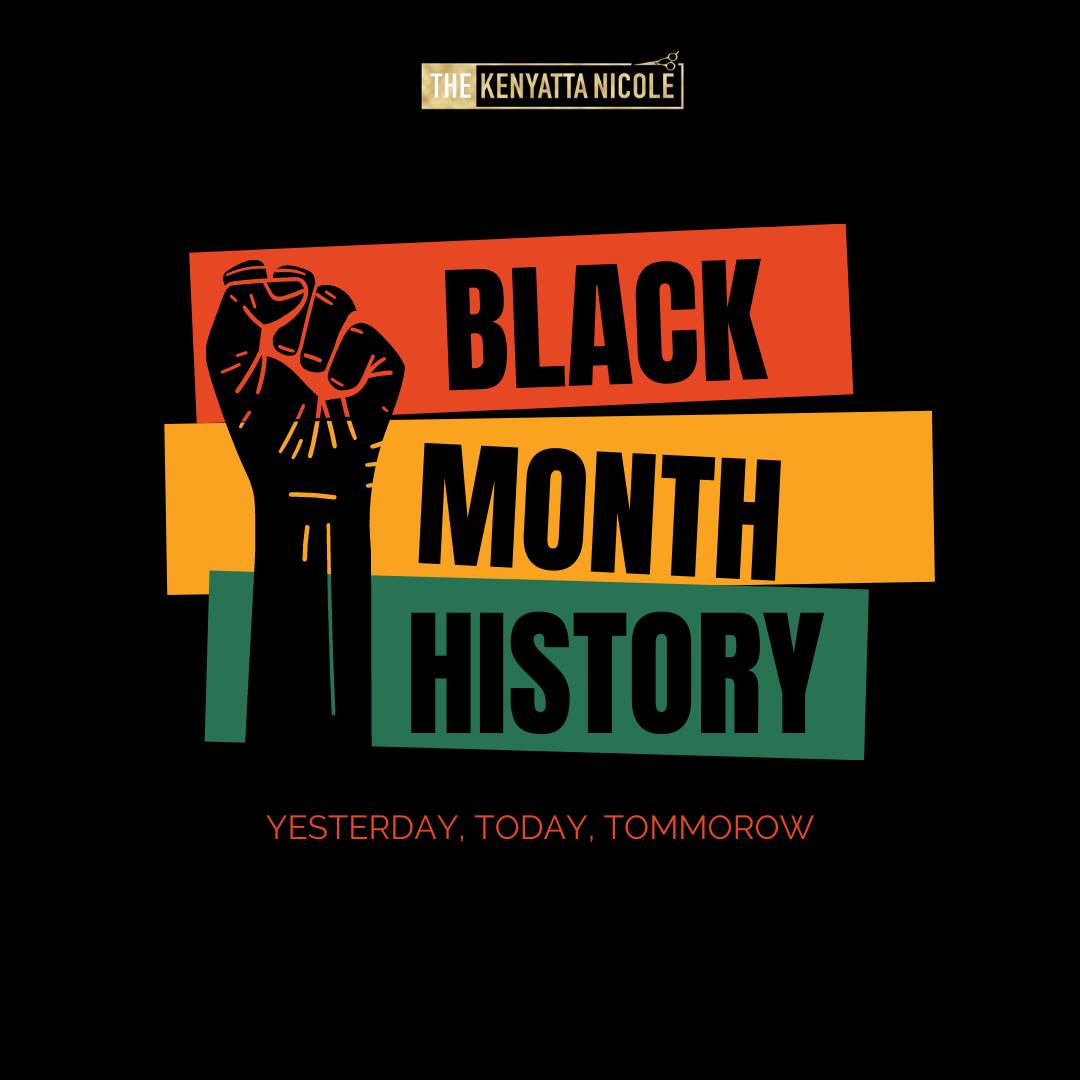Every February, the Black History Month, where the accomplishments of African-Americans and their immense contribution to the nation, is celebrated. The month-long celebrations include media programs and programs in schools. But why is February the designated month for these celebrations? Let’s consider the history of Black History Month.
How Black history celebrations began
What is today known as the Black History Month started in the early 20th century when the Harvard-trained eminent historian, Carter G. Woodson, and four others founded the Association for the Study of Negro Life and History (ASNLH). They started the association in 1915 to encourage the intensive study of the much-neglected Black history. Woodson and his group simply wanted to encourage the study and celebrations of achievements in the Black community.
The founding of the association was inspired by the events to celebrate the 50th anniversary of the 13th Amendment. The 13th Amendment abolished slavery. The events that inspired Woodson and his group members were held in Illinois and lasted for three weeks.
By 1916, the association published a scholarly journal, The Journal of Negro History, with Woodson as the editor. By 1924, encouraged by his interests and activities, Woodson’s fraternity, Omega Psi Phi started the Negro History and Literature Week.
In February 1926, Woodson and ASNLH started the Negro History Week to encourage more attention to the subject of African-American history. The Negro History Week was established to gather public attention to the lives, history, and achievements of African-Americans.
From the 1940s, the celebrations went from being limited to a week to an entire month. The Negro History Week was renamed the Black History Month in different communities and started to stretch into the whole of the month. The American Civil Rights Movement and increase in Black consciousness encouraged the adoption of Black History Month across different communities.
The institutionalization of Black History Month was greatly driven by ASNLH, which has been renamed as the Association for the Study of African American Life and History. In 1976, President Gerald Ford specifically encouraged the institutionalization of Black History Month by urging Americans to join in the celebrations. Since then, all presidents have been similar calls for Americans to join in the celebrations of this critical part of the nation’s history.
Why February?
Woodson and ASNLH chose the month of February because it already had huge significance in the Black community. President Abraham Lincoln was born on the 12th of February. He made the Emancipation Declaration. Frederick Douglass, an African-American abolitionist, orator, and author was also born in February, on the 14th. Frederick Douglass was a former slave whose life was a source of inspiration in the Black community. Since the death of both figures who played strategic roles in the growth and development of the Black community, both days in February, 12th and 14th have held great significance.
Initially, the Negro History Week sought to build on a period that already huge significance in the community so that the celebrations were not limited to the lives and achievements of the two figures but to the community as a whole. Today, Black History Month has taken a life of its own.
Thank you again for reading hope you enjoyed this Blog Post. Please Share and follow us on Instagram @THEKENYATTANICOLE Join our Healthy Hair Tribe for more hair tips and so much more Click Here to join now its Free!!!

